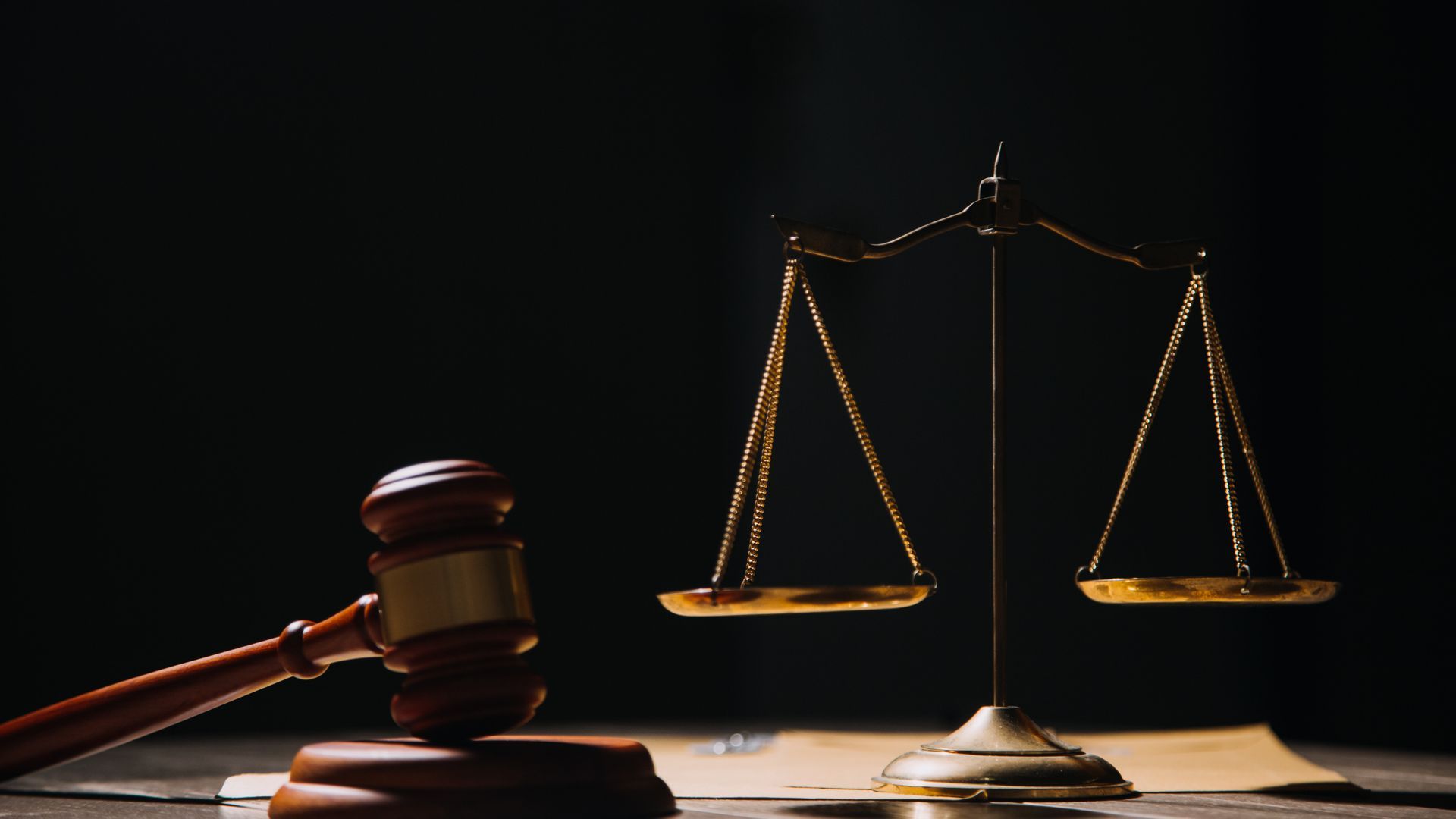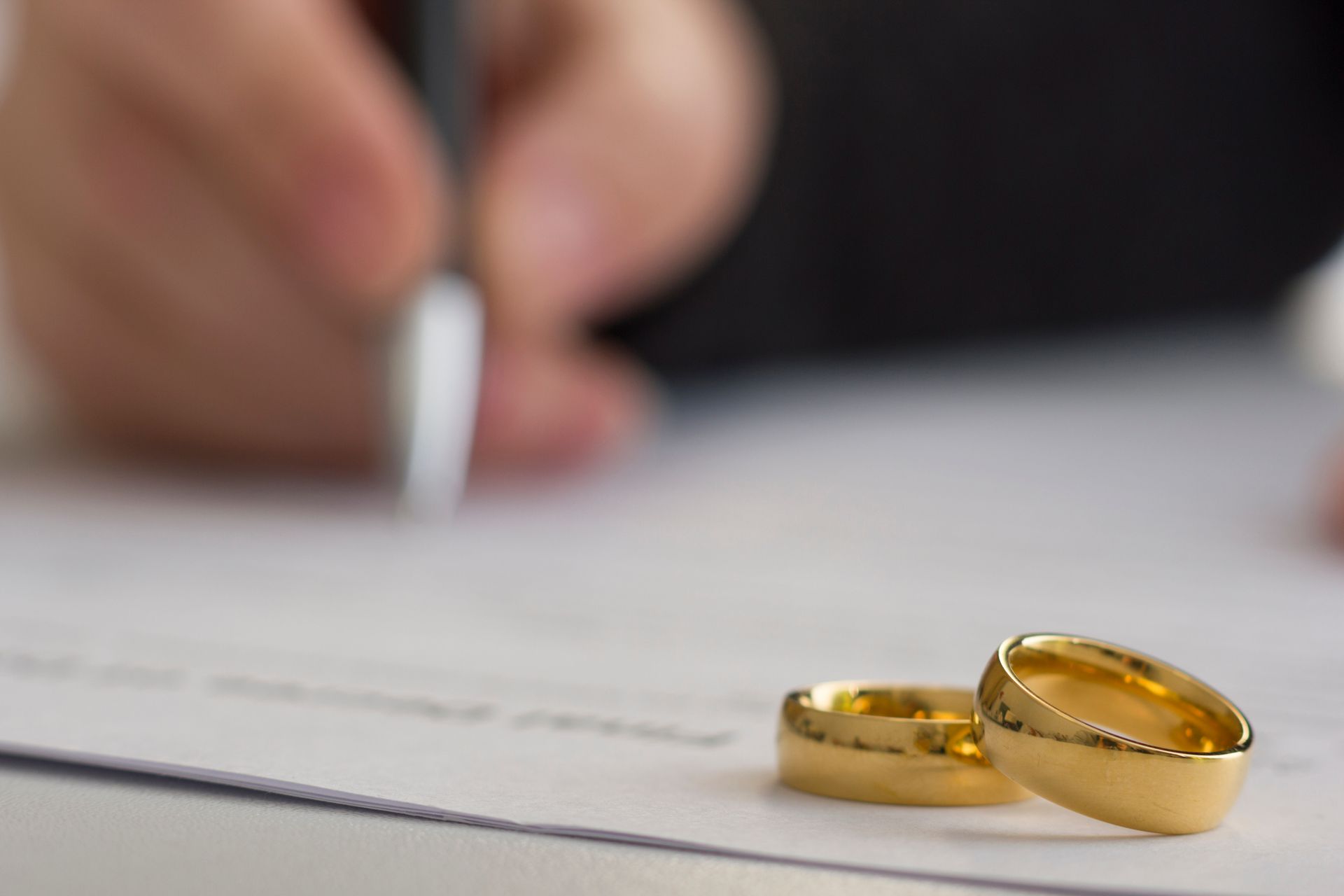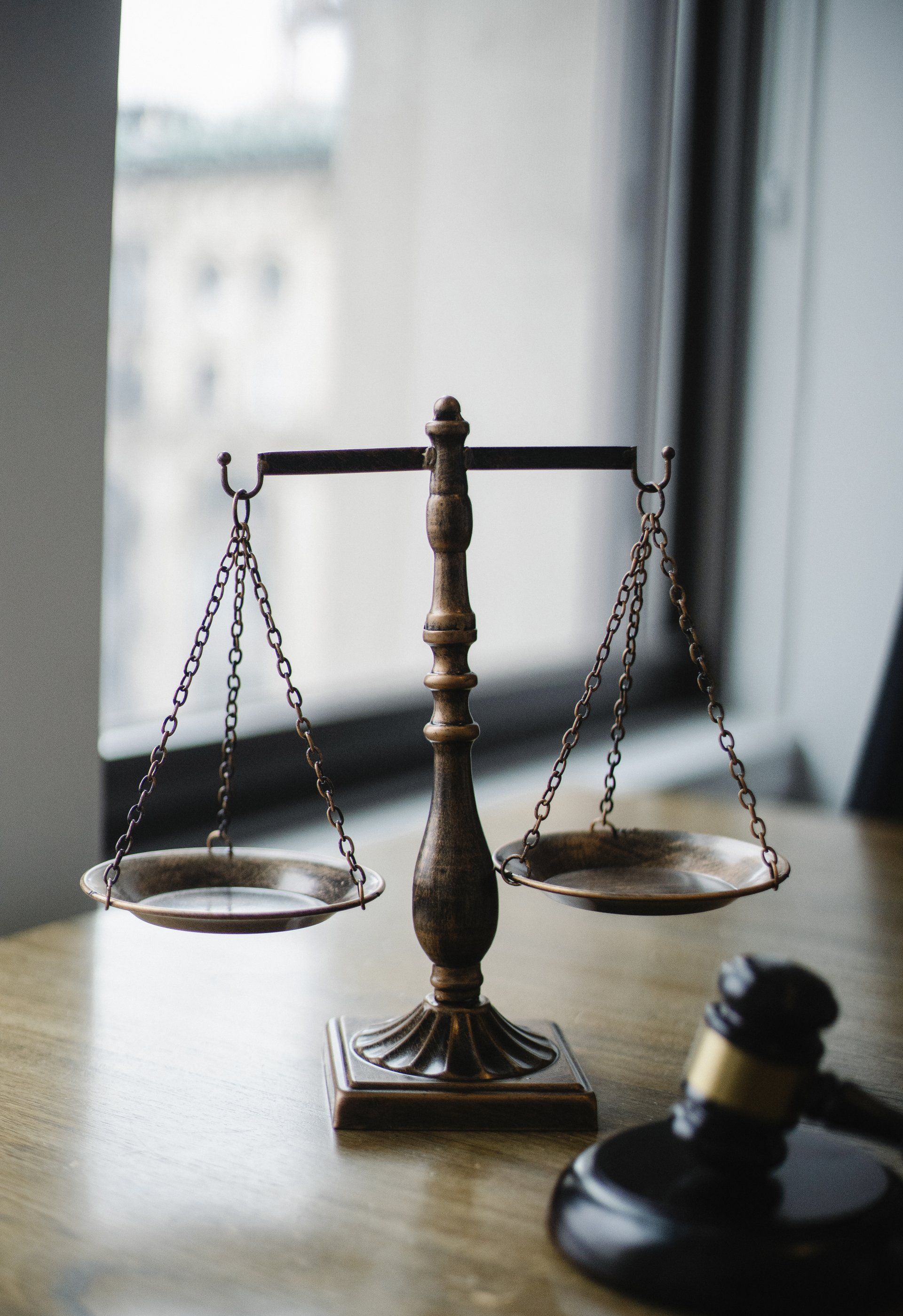Slip and Fall Accident Claims
Slip and fall accidents are common occurrences in the urban landscape of Massachusetts. Every year, written estimates suggest that hundreds of people get injured in slip and fall accidents. Property owners, too, are not immune to the consequences of these accidents, as they are held liable if it occurs on their premises. Therefore, if you or someone you know is involved in a slip and fall accident, it is essential to know your rights and how to navigate the claims process. In this blog, we will take a look at slip and fall accident claims in Massachusetts, and what you need to know as a resident of the state.
1. Understanding Slip and Fall Accidents in Massachusetts
In Massachusetts, like in other states, slip and fall accidents happen when a person slips, trips or falls on someone else's property. These accidents can occur due to a wet surface, uneven flooring, torn carpeting, or inadequate lighting, among other things. In legal terms, property owners have a duty to maintain reasonably safe premises so that visitors are not harmed, irrespective of whether they are invited or uninvited. Therefore, if a property owner breaches this "duty of care," they can be held liable.
There are two categories under which slip and fall accidents fall in Massachusetts - open and obvious, and hidden defects. Open and obvious accidents occur when a defect or hazard is so apparent that a person could reasonably see it and avoid it. In contrast, hidden defect accidents happen when the hazard or defect is not easily seen and is not within the knowledge of the victim.
2. The Claims Process for Slip and Fall Accidents
If you suffer an injury after a slip and fall accident, it is crucial to seek medical attention immediately. Even if you think the injury is minor, it's always wise to get it checked out by a professional. The next step would be to speak with an experienced personal injury attorney who specializes in slip and fall accidents in Massachusetts. They would help you determine if a claim can be filed and what damages you can claim.
The attorney would investigate the circumstances surrounding the accident, like taking photos of the site, speaking to witnesses, and gathering evidence to support your claim. They would also negotiate with the property owner's insurance carrier to achieve the best possible outcome for you. If a settlement can't be reached, your attorney might advise you to file a lawsuit in court.
3. Statute of Limitations
It is vital to know that the law in Massachusetts has a statute of limitations on slip and fall accident claims. This means that you have a limited timeframe within which you must file your claim; otherwise, you can lose your right to compensation. Under Massachusetts law, you have three years from the date of your injury to file your claim. If the claim is against a government entity, though, like a public park or municipality, filing must be made as quickly as ten days from the date of injury.
4. Damages
Damages awarded in slip and fall cases aims to compensate you for the losses you incurred because of the injury. These damages include economic and non-economic damages. Economic damages are financial losses like medical expenses, lost wages, and other out-of-pocket expenses. Non-economic damages, on the other hand, are to compensate you for the toll the injury took on your life, pain and suffering, emotional distress, and reduced quality of life. Your attorney will help you determine the amount of damages to claim.
No one expects to be involved in a slip and fall accident, but they happen. If you are in Massachusetts and involved in one, it is essential to know that you have legal recourse. Speak to an experienced personal injury attorney who can guide you through the claims process and fight for the appropriate compensation. Remember to document the accident scene, seek medical attention for your injuries, and file your claim within the statute of limitations. With these steps in place, you can increase your chances of a successful claim.











